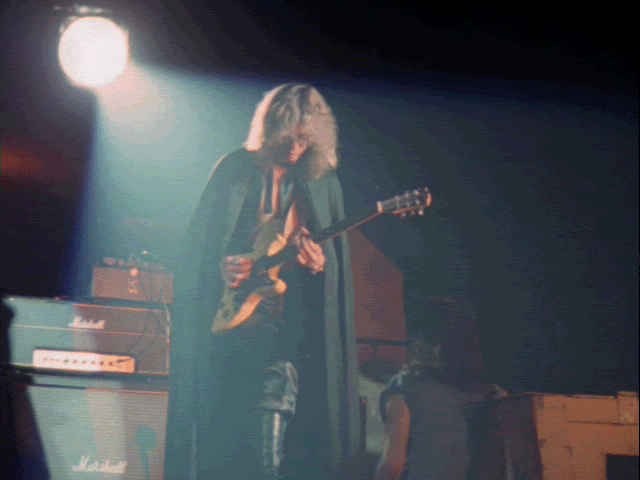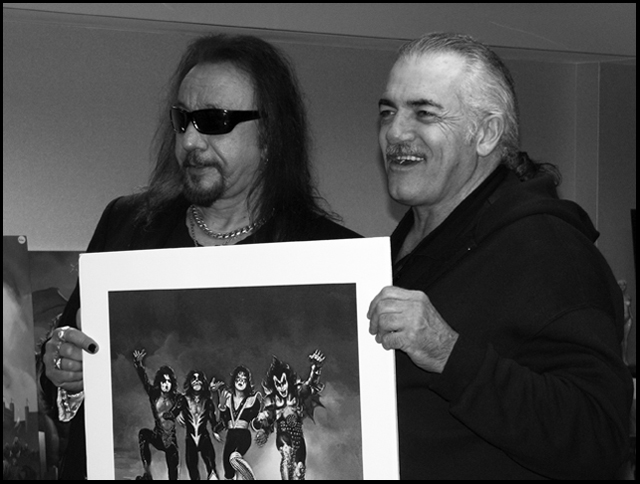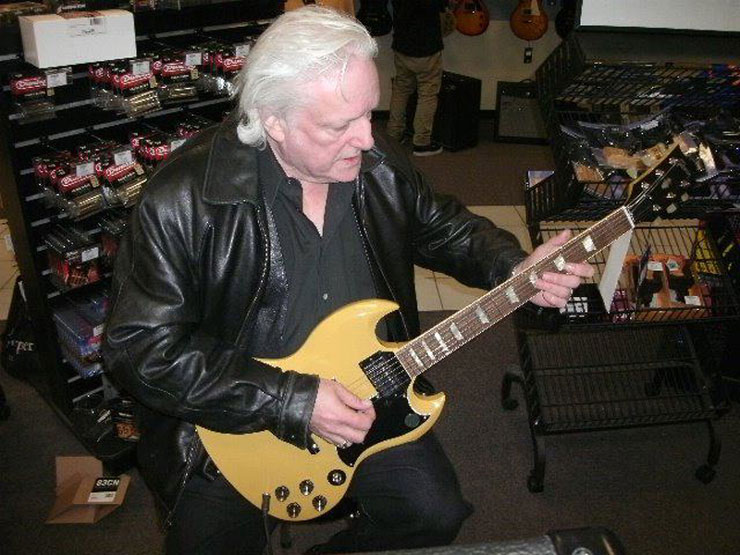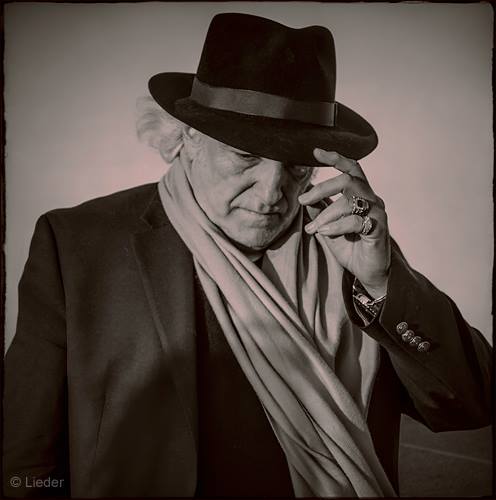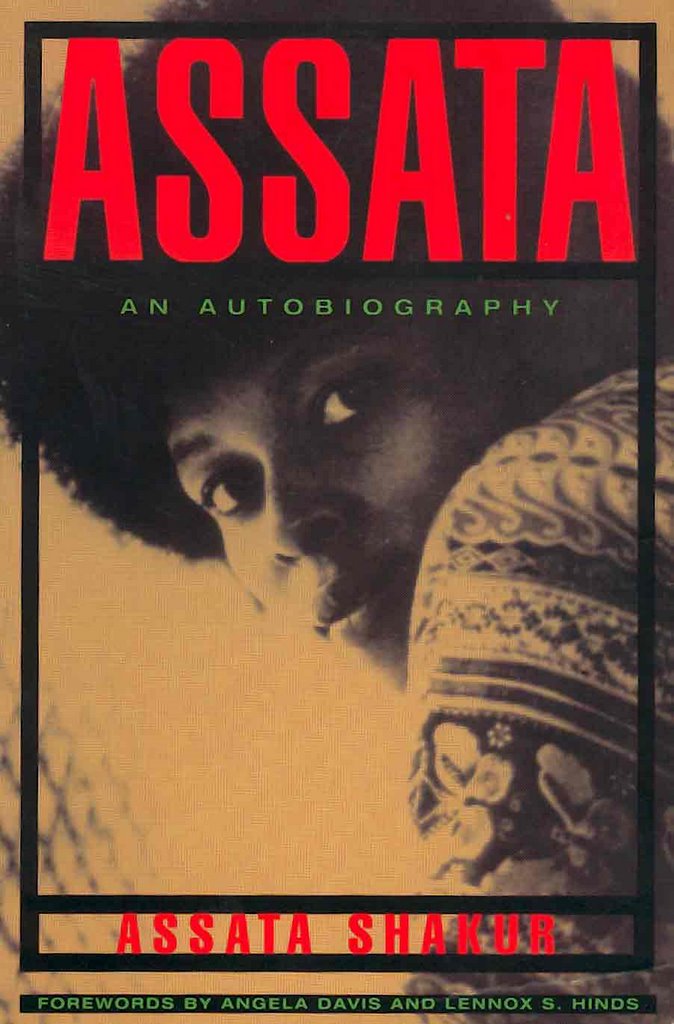Sleepy Hollow left its heroes in perilous positions in season one. Abbie (Nicole Beharie) is in purgatory and Ichabod (Tom MIson) in a casket. But as the Fox show's stars and producers promised a Comic-Con crowd, there's plenty more to come.
Beharie said Abbey will learn some secrets about her family in secret two.
"She learns why she is a witness," said Beharie. "At the end of a season Ichabod betrayed Abbey in a way by drawing a map. Now they have a little of patching up to do.
Fan favorite John Noble (Henry Parrish) — who was revealed to be the second Horseman, in addition to being Ichabod and Katrina's son Jeremy — says he is moving beyond revenge in season two.
"He becomes sort of a really interesting malevolent character. He's had his revenge. He doesn't need that anymore," said Noble. "He becomes the personification of evil and becomes a powerful man in the township. He plants seeds of doubt in everyone."
And Ichabod? He continues his battle with modern society, including by watching Glee. Did he enjoy it? "probably not," deadpanned Mison, before realizing Glee was a fellow Fox show: "he loved it!"
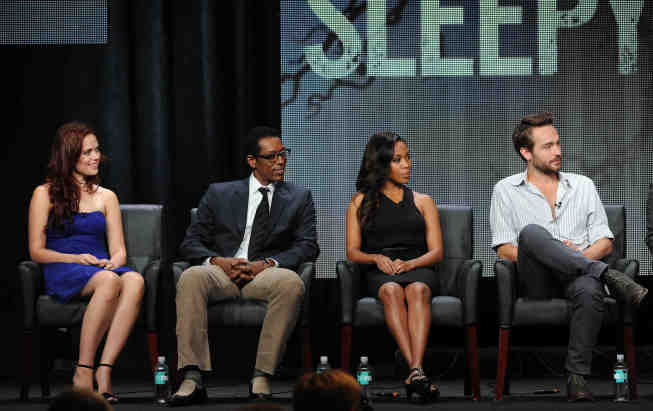
Two clips from the new season were shown — THR exclusively has one of them, which you can watch here — one in which Ichabod showed his disdain for credit cards, and another in which he attempts raises a very special adversary to fight the horseman.
Orlando Jones, whose Detective Irving ended the season incarcerated, joked," I didn't want to be a stereotype ... my mother is probably very upset."
The producers also promised a big season.
"Deep seeded into this season is family, hope and redemption, all within the context of war," said executive producer Mark Goffman. Alex Kurtzman promised that "whatever you thought is coming — it's not," and added that Benedict Arnold will make an appearance. Yes, there's an explanation for why he was a traitor to America.
Mison also made a bold promise to fans for next year's Comic-Con. He said before being cast, he was asked to prepare an audition with an American accent and with his own. The American didn't pan out ... but he based it off of Bryan Cranston's Breaking Bad performance. Fans begged for a sample, but Mison balked.
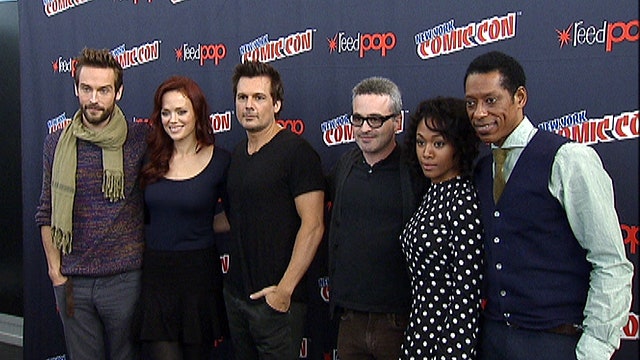
"If you give us a season three, I promise I'll come back as Heisengberg," he said.
Sleepy Hollow premieres Sept. 22 at 9 p.m. on Fox.
.
Brooklyn Teenage Heavy Metal Band Unlocking the Truth Gets Documentary Treatment
10:14 AM PST 07/25/2014 by Roy Trakin
Black Label Media and SeeThink Films are set to produce a full-length feature on the band, who have inked a multimillion-dollar deal with Sony Music.
Unlocking the Truth, the teenage Brooklyn band who signed a $1.7 million contract with Sony Music, including a $60,000 advance on a two-album deal with an option for four more records, will be the subjects of a feature documentary.
Black Label Media and SeeThink Films will finance and produce the movie about the band formed by 13-year-olds Malcolm Brickhouse and Alec Atkins with 12-year-old Jarad Dawkins, the youngest group ever to perform on the main stage at Coachella. The band was also featured on the 2014 Vans Warped tour and opened for Guns N' Roses in Las Vegas and Queens of the Stone Age. Unlocking the Truth began with founding band members Brickhouse (electric guitar) and Dawkins (drums) recruiting their best friend from preschool, Atkins, and teaching him how to play bass. A clip of their impromptu Times Square performance is included below.
"Having previously made a short film on Unlocking the Truth's early history (with K-MB New York), SeeThink is excited to collaborate with Black Label Media to go further into the band's story," said producer Tom Davis, who is working together with Andrew Neel for the upcoming film. Black Label Media partners Molly Smith, Thad Luckinbill and Trent Luckinbill announced their involvement in the project after being inspired by the short documentary.
"The eighth graders are honest and sincere and represent individuality and incredible talent for their age," said Smith. "The piece spoke to us, as it has a great message about being yourself and following your dreams, regardless of the hurdles one must overcome."
The deal was brokered by CAA and Loeb on behalf of BLM and will be executive produced by Ellen Schwartz and Alan Sacks of Jonas Enterprises.
Directed by Luke Meyer (New World Order, Darkon), the film will document the ups and downs the kids encounter in both their personal lives and their careers.
"These three boys are coming of age at the exact moment their band is being introduced to the entire world. This film is a picture of that unique moment," Meyer said. The group is captured on their first trip to Los Angeles, which made headlines after the band successfully signed a deal with The Cherry Party, a newly formed record label within Sony Music Entertainment.
Black Label Media has several projects in active development and is in preproduction on several films. The company's upcoming film The Good Lie, financed and produced with Imagine Entertainment and to be distributed by Warner Bros., is premiering at the Toronto Film Festival. Directed by Philippe Falardeau, it stars Reese Witherspoon and was inspired by true events surrounding the Sudanese civil war.
Also currently in production is Sicario for director Denis Villeneuve (Prisoners), with Emily Blunt and Benicio Del Toro. Starting preproduction will be the new film from director Jean Marc Valle (Dallas Buyer's Club), Demolition, starring Jake Gyllenhaal and Naomi Watts. BLM is also producing and financing Salinger's War, which will be the directorial debut for Danny Strong (writer of Lee Daniels' The Butler and The Hunger Games: Mockingjay) which will begin filming this fall.
.
Comic-Con: Sam Raimi Plans 'Evil Dead' TV Series, 'Last of Us' Film
2:23 PM PDT 7/25/2014 by Marc Bernardin
The "Spider-Man" director is going back to his roots for a TV series, while also developing Sony's hit video game into a feature — possibly with a "Game of Thrones" actress in tow.
You wouldn't have found Sam Raimi's name on any of the schedules for Friday's Comic-Con programming, but the director dropped by to announce that he's currently working on an Evil Dead TV series, which he's co-writing with his brother Ivan.
Even better, he's planning to draft Bruce Campbell — star of the first three Evil Dead films — to topline the series as well. Neither Raimi nor Campbell had any material involvement with the Evil Dead remake that hit theaters in 2013.
Raimi also confirmed that's he's producing a Last of Us film for Screen Gems, to be adapted from the apocalyptic 2013 PlayStation game. The game's writer, Neil Druckmann, will tackle the script, but no director has been set. Both Raimi and Druckmann mentioned that they've met with Game of Thrones' Maisie Williams about joining the cast, presumably as Ellie, the young survivor at the heart of the game.
.
Last Train To Memphis Casting Call
Written by American Songwriter May 16th, 2014 at 4:31 pm

Wanna play a young Elvis Presley and star in a major motion picture? If you’ve got the elusive Elvis charisma, strap on your acoustic guitar, stare into the camera, sing and act your heart out and you might be plucked from obscurity and cast as the future King of Rock and Roll. Twentieth-Century Fox have put out an online call for any and all to send in an audition video by the end of this month for the upcoming major motion picture “Last Train To Memphis.”
Adapted from the award-winning Peter Guralnick book, “Last Train to Memphis” focuses on the years between Elvis’s first recordings and his meteoric rise to national prominence in 1956. The directors are looking for a young person over 18 to play Elvis from the age of 16-24 years old. They are searching for the perfect person who can capture the complexities of a young and determined Elvis as he searches to find his musical voice. This is Elvis in his formative years, so sequin and cape-wearing impersonators need not apply.
Casting director Laray Mayfield (“Fight Club,” “The Social Network,” “The Curious Case of Benjamin Button”) spent a few minutes with American Songwriter to discuss the upcoming biopic and their quest to find the right actor.
Last Train to Memphis is one of my favorite biographies. Peter Guralnick does a fantastic job of presenting Elvis as a musician, a normal kid who loved music, and not the mega-star and ultimately tragic figure.
Yes it did. You are so right about this.
In your search for the leading role, are there particular qualities that you are looking for?
You want to find the best person for the role. As a casting director, that’s what you always want to find, no matter what. From reading the book you get to know a lot about Elvis’ personality. There are definitely qualities I’ve learned about that we are looking for. There’s a mystery to him, a shyness and even a profound sadness. And all of these factors probably drove his creativity.
The book gets into the nitty gritty of being a musician.
You also saw, as we know, that nobody gets anywhere in life without being engaged in what they are doing. And Elvis was very ambitious. He was really smart. I don’t think we’ve ever seen in detail the journey to how he got to be the Elvis we all know.
Mick Jagger is involved in producing the film. He is someone who definitely an understanding of what the role requires- the swagger, charisma, even the business sense
That’s exactly right. My god, look how incredibly talented and successful he is (laughs)! And (director) Kevin McDonald is a very, very talented director. If you look at his movies (“Last King of Scotland,” “Marley”), they have strong characters and character arcs. And some are historical figures. They’re deep and they’re dark and complicated.
Is there something innately Southern that’s required for the role? Can someone who’s not raised in that culture play the role
Well we’re talking about great actors. We’ve seen lots of actors from around the world play roles that one would not think they would know or interpret very well. Artists can do that. I’m from the South (Hendersonville Tennessee), so I’m partial and very particular about the Southern aspect of it. But incredibly skilled and talented people, even young actors, are able to bring characters to life in ways that can be very unexpected considering their background.
Have you cast any other characters? Scotty Moore, Sam Philips?
No. We’re not looking for anything right now except for the lead role.
Is there a particular moment in Elvis’ life you are looking forward to filming?
I’m looking forward to the whole thing! I’m so excited about it. But no, there’s not one particular moment just yet. Plus, even though the book has been out and is well-known, the script is not out yet.
Any particular pointers you want to give to a person who wants to audition for the role?
The website (http://www.lasttraincasting.com) is very concise in what we’re looking for and what you need to do. It’s an amazing opportunity for an artist. We want to find the absolute best person for this role. We’re happy to look at everybody that we can.
.
Mick Jagger & Chadwick Boseman Talk 'Get On Up,' James Brown and a Rolling Stones Biopic
5:18 PM PST 07/25/2014 by Tatiana Siegel
What's it like when Mick makes you his movie's leading man? The legendary rocker-turned-Hollywood producer and 'Get On Up' star Chadwick Boseman reveal what went on behind the scenes to bring James Brown back to life.
"It's good to be back," says Mick Jagger, sweeping a hand across the grand view in front of him at the historic Apollo Theater in Harlem. The Rolling Stones front man, who moonlights as an increasingly busy Hollywood producer, is here to discuss Universal's James Brown biopic Get On Up, two days before the film premieres at the same venue. It has been years since Jagger, who turns 71 on July 26, last visited the majestic Apollo. He can’t recall exactly when.
"I came a lot like in the ’80s, and then it was closed for repairs a lot," he says. It's clear that Jagger is feeling slightly nostalgic. "Over the years, I've been in and out of here quite a few times."
For Jagger, Get On Up -- directed by Tate Taylor of The Help and opening Aug. 1 -- proved to be a formidable journey, taking eight years to reach the big screen. The project has been around longer than that, though — at least 12 years. Producer Brian Grazer, fresh off a best picture Oscar win for A Beautiful Mind, signed a deal with Brown in 2002 to secure the Godfather of Soul's life rights. A parade of directors like Spike Lee and actors including Eddie Murphy and Chris Tucker floated in and out of the Brown orbit, with things becoming more complicated after the three-time Grammy-winning icon died in 2006, with his estate in disarray (a court battle between his widow and his children continues to this day, with the South Carolina Supreme Court saying the estate has an undetermined value between $5 million and more than $100 million).
Jagger began working on the project when Peter Afterman — a music supervisor since the mid-'80s on films from The Big Easy to Juno who now runs the Brown estate — approached him about doing a documentary on the late singer. (Jagger wound up enlisting for both a narrative feature and an upcoming doc directed by Alex Gibney.) After all, Jagger and Brown are forever entwined in music history after appearing on the same bill for the 1964 concert film The T.A.M.I. Show — the Stones were top-billed, much to the dismay of Brown, who famously upstaged the young British rockers in a legendary 18-minute performance sequence. (Michael Jackson, among others, was obsessed with the footage.) Still, the two remained friends for decades, with Jagger conceding that he was greatly influenced by the singer.
The Apollo offers an apt setting for a conversation about Brown. Jagger first saw Brown perform here in the early '60s, seated next to a woman smoking "a big joint." (He didn't partake.) Seated now next to the film's star, Chadwick Boseman, and dressed in a brown fitted jacket, the slight Jagger never breaks a sweat despite the steamy summer temperatures of New York. The 32-year-old Boseman, by contrast, looks like he just played a game of pickup in the Harlem heat, muscles bulging beneath a black T-shirt and running pants. But they seem perfectly in sync when it comes to talking about Brown. They also discuss the challenges of re-creating the legend, where the film deviated from reality and why there's no heir to Mr. Dynamite.
Can you describe the first meeting you two had?
Chadwick Boseman: It was in L.A. in September [2013]. Mick had me over for tea.
Mick Jagger: We talked a lot. We talked generally about how it is to be a performer and more specifically about James. We put on [Brown's] Live at the Apollo album, which was a very big part of my early musical education. I asked Chad how he felt about [playing Brown] because it's a big ask to do this part. There's the nuance of the acting and the changes of age [Boseman plays Brown starting as a teenager and ending in his 60s].
What did you take away from that conversation?
Boseman: You [looking at Jagger] identified the points when James Brown was charming the crowd and directing the band, and sometimes he's teasing the audience with the moments where he’d step away from the microphone and sing. Then you can’t really hear him. There are all these [shifts] just to seduce everyone.
Jagger: That's what every good performer has. Any performer is one person privately and then he's another person when he steps on the stage. And James Brown, of course, was that. If you’re an actor playing this role, that's another layer in your interpretation.
How closely did the film’s T.A.M.I. Show sequence align with reality?
Jagger: A lot of poetic license was taken. It happened kind of like that, but not exactly. I would have liked to have done it as it actually happened, but we couldn't that do for various reasons, mostly due to money. The true part of it is James was very miffed about not being the top of the bill. In real life, they asked me to go and chill him out because I’d already met him and already talked to him. They thought I’d be a good person because they didn't want to do the dirty work. So, they asked me to try and go chill him out, which I did to a certain extent. But, of course, he wanted to show the real thing that we show in the film -- he wanted to go out there and kill, you know. And that probably made for a better performance than normal. He talked about that a lot afterwards and it meant a lot to him. And I think it was probably the first time that his entire show had been put down on film like that. That’s important for you as an artist.
Mick, you knew James Brown. What was he like as a person and artist?
Jagger: He was always so very nice to me, polite to me, respectful. Even when I was very young, he didn't treat me like I was a whippersnapper. He always was encouraging to me. I watched him a lot, and I think he inspired me and I learned a lot from him. Not like doing imitations but just learning his general attitudes and the way he worked. I'll always admire him for what he did.
STORY Remembering the Real Jame...n (Video)
Chadwick, unlike Mick, you didn't know James Brown. But what was your experience with him prior to this movie?
Boseman: I don't ever remember there not being a James Brown in my life. I was probably listening to James Brown in the crib [Boseman grew up in South Carolina]. My aunt listened to him. My mom and dad. There was always James Brown all day.
Do you think James Brown has an heir?
Jagger: Chad is. [laughs] But no, I don't think so. But this is another time, and things are different. There's lots of people obviously that are very influenced by him.
Boseman: The whole idea of the businessman and the artist. You see that in hip-hop now.
Jagger: I mean, you look at Jay Z, for instance, and Puff Daddy. They’re very much into that business thing. I was never that interested in business, to be honest. I do the minimal amount of business as possible because I’m not actually interested in it as a thing. But some people are interested in it, and there’s nothing wrong with that. They want to make deals for the deal’s sake. James Brown was definitely a progenitor of that kind of businessman/ performer. Before James there was a dearth of people from the African-American community who were entrepreneurs. You weren’t expected to be an entrepreneur. If you were an entertainer, you were just paid and were told what to do and where to go. And you just did it. He was one of the first people that said, “No. I want to take control.”
Chadwick, what was your background in singing and/or dancing prior to this?
Boseman: Minimal. I had done some hip-hop theater. That’s not really singing and dancing, but it incorporates some of those movements to tell a story. But performing and dancing like a professional? Not at all.
How did you prepare?|
Boseman: We had AJ [choreographer Aakomon "AJ" Jones]. He was a drill sergeant. I just showed up every day and did what he told me to do.
Jagger: I've worked with AJ on a couple of music videos and some prep for shows and stuff. He’s a really good guy. Chad worked with him for a lot longer than me. A lot more hours than me.
How much did you help Chadwick prepare for the dancing?
Jagger: I didn’t do any of that. I let AJ do all that. I never said, "Oh, that wasn't right, because he did it that way." AJ and Chad worked so well and the results are so good. I didn't have to. You know, that wasn't my job to be nitpicking dance moves.
Boseman: AJ taught the vocabulary before we actually knew what songs we were using in the movie because I think that it took a whole month before we actually knew which ones [would be used].
How did you choose the songs?
Jagger: We wanted the songs to fit in with the narrative. There are a lot of songs to choose from. We kept changing the songs.
Mick, you have a well-documented fascination with African-American culture. Was James Brown your entry point?
Jagger: No, definitely not. When I was much younger, like 11 and 12 years old, we used to have people come to England and play, like blues singers Big Bill Broonzy and gospel singers like Sister Rosetta Tharpe. My mother was very fond of these performers, too. She would say, "Sister Rosetta Tharpe's on the TV. Come and watch." That was my intro — TV. When I was a little older, I used to be able to go and see these shows that came. Like there was The Caravans. There was folk blues, a group of 10, 12 performers, and they would play in London, and I would go and see them in the theater. I didn't come across James Brown until I was a little bit older because he didn't come [to London]. I was aware of his records, but I was more of a blues, a country blues person. But I liked everything, like Elvis and Buddy Holly. I liked country music, like George Jones.
There have been grumblings that this movie should have been directed by a black director. Thoughts?
Boseman: When I look at this situation, I ask, "Who could have done this with the amount of money that was the budget that we had?" I look at the work that Tate [Taylor] put into it. I look at how he fought for certain things and how he brought out who the man was. He developed a relationship with the family. I think there's no color in that. The people that are grumbling have no idea of the nuances of that and the details of this specific situation.
Jagger: I would hate to say as a non-African-American person that it would be wrong for a black person to direct white people in a movie. Wouldn't that be awful of me to say that? The only sympathizing thing I might say for people that want to [grumble] is that a filmmaker should have an understanding for the place where the people you're portraying are coming from. If I was going to make a movie about Korean people, it would be stupid of me just to make it with no understanding and sympathy. I agree with all that Chad says [about Taylor].
How involved was Brown's family?
Boseman: They were involved every day. They read the scripts beforehand. They were asked their opinions about all the drafts of the shooting. We interviewed different people in the family, different sides of the family.
Chadwick, how did you deal with the huge age range you play, from a teenager to his 60s? Did you shoot linearly?
Boseman: No. Some days, I was 63 in the morning and 17 after lunch, and then 35.
Jagger: I would turn around and go, "Wait a minute. He looks different now."
Despite re-creating everything from the Apollo Theater to Vietnam, you kept the budget relatively low, at around $30 million. How were you able to do that?
Jagger: We shot it in 49 days. [laughs]
Boseman: We could have shot for a whole other month.
As a producer, how important would it be to win an Oscar? Is that something you care about?
Jagger: I think everyone in the movie industry wants to win an Oscar. I don't think that's why you make movies. But winning an Oscar is not just about making a great movie, unfortunately. It's also having a good Oscar campaign. It's not something to think about right this second.
How is the HBO rock 'n' roll series going with Martin Scorsese?
Jagger: It's going well. I was down there last night on the set on Crosby Street. It looks really interesting. Some great shots we saw last night and some great camera movements and like some really amazing stuff. It should be amazing.
Mick, you have another biopic in the works with the Elvis story, Last Train to Memphis, at Fox 2000. What is its status?
Jagger: We've got a new script and it’s moving forward. But no actor yet.
Speaking of musical biopics, will there ever be a Stones one?
Jagger: Who knows? Who knows, my dear?

 New topic
New topic Printable
Printable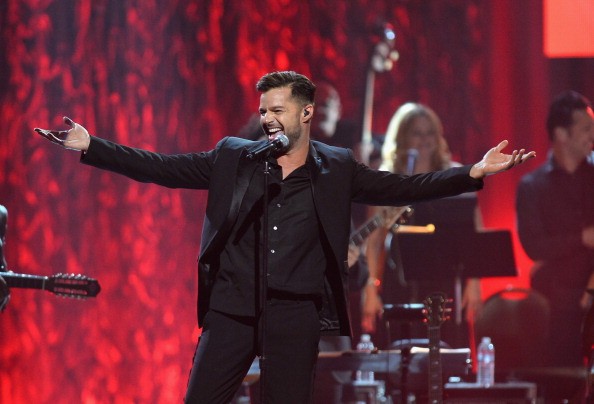




 Report post to moderator
Report post to moderator

![World Premiere: Daley - "Look Up" prod. Pharrell [Official Video]](http://okp-cdn.okayplayer.com/wp-content/uploads/2014/07/world-premiere-daley-look-prod-pharrell-main.jpeg)







 David Bowie, signing autographs.
David Bowie, signing autographs.



 Michael Richards, of Seinfeld fame.
Michael Richards, of Seinfeld fame.


 Ravi Shankar, sitar legend. He was a music professor at Cal Arts.
Ravi Shankar, sitar legend. He was a music professor at Cal Arts.





 David Hasselhoff.
David Hasselhoff.
 Photographer Michael Jang, as a student.
Photographer Michael Jang, as a student.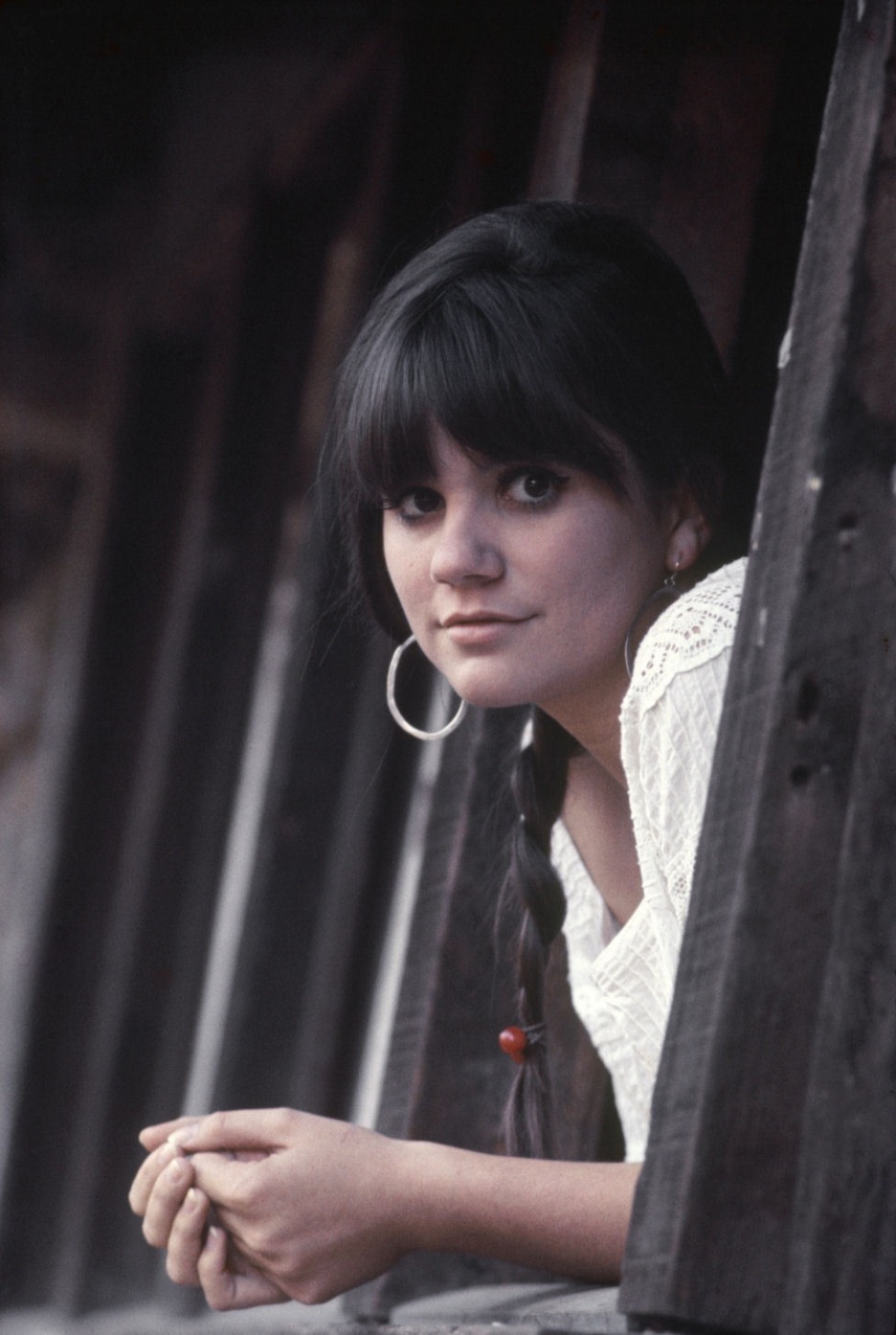







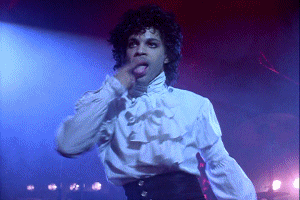
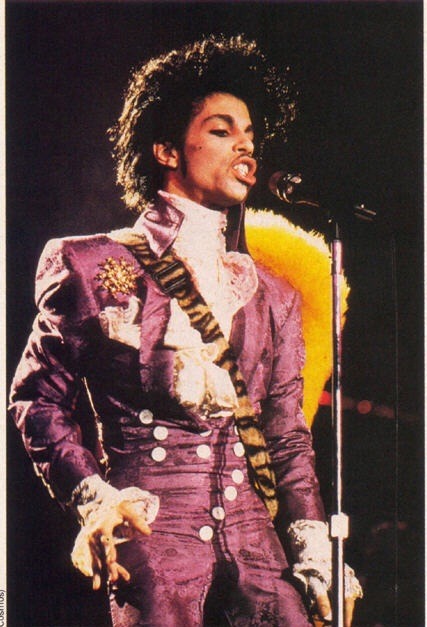
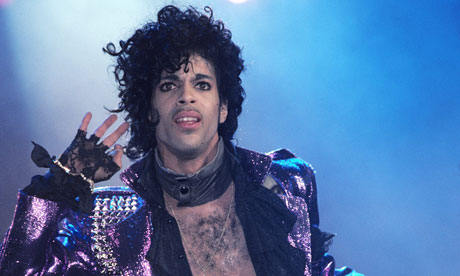

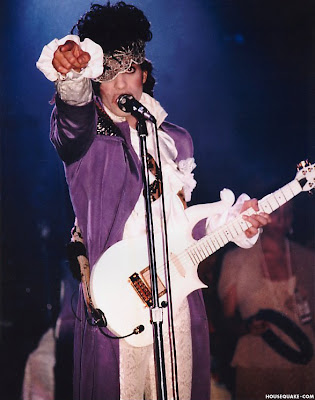

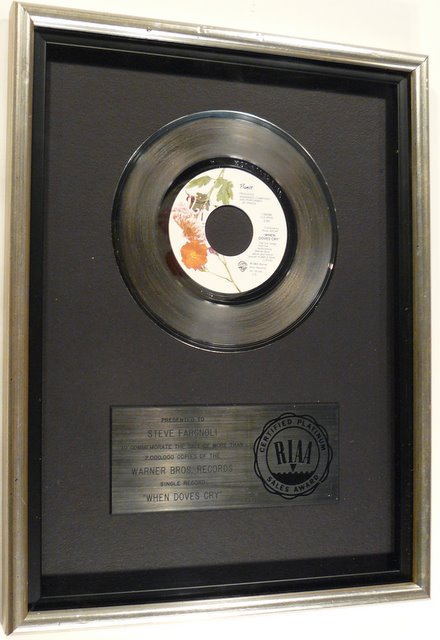


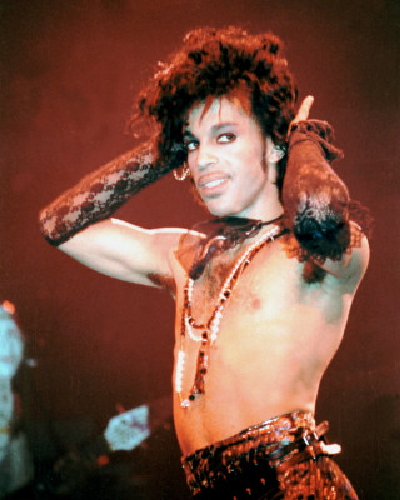
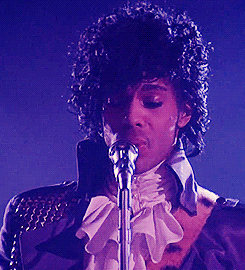







 The highly anticipated
The highly anticipated 

 Bob Marley(Photo : Getty Images)
Bob Marley(Photo : Getty Images) 


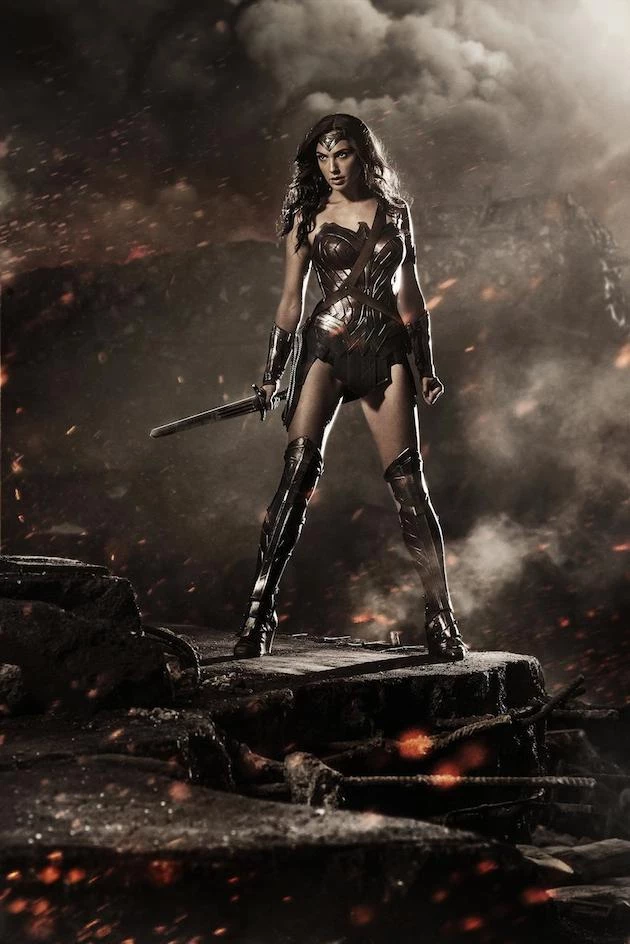



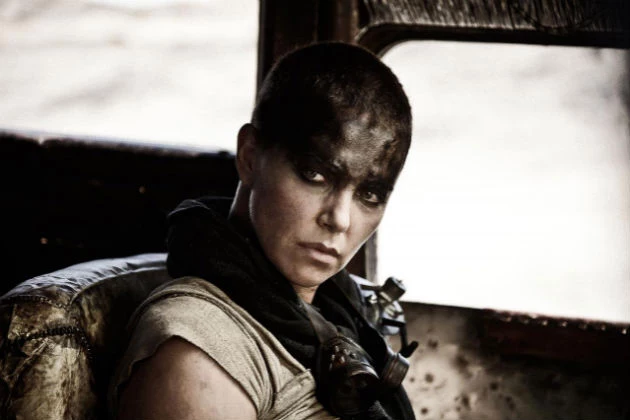 Warner Bros.
Warner Bros.
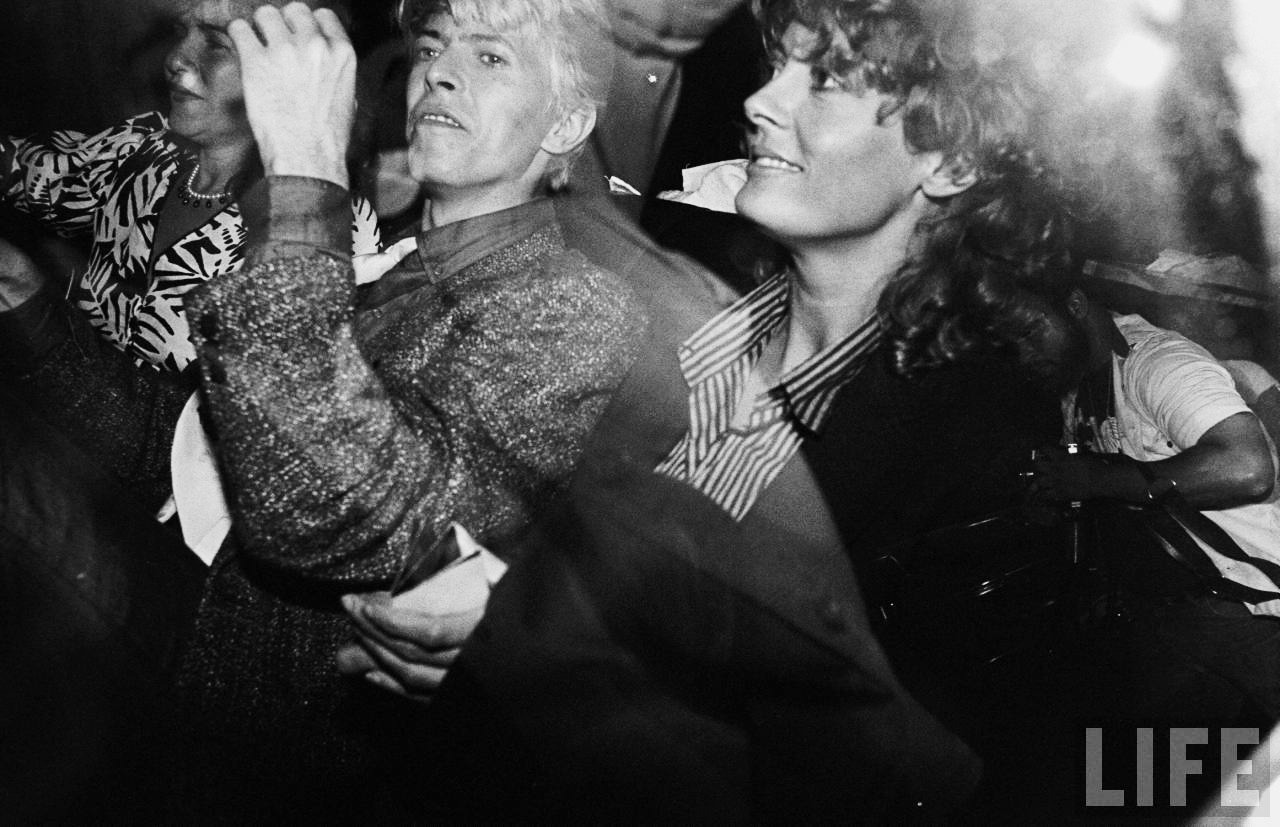


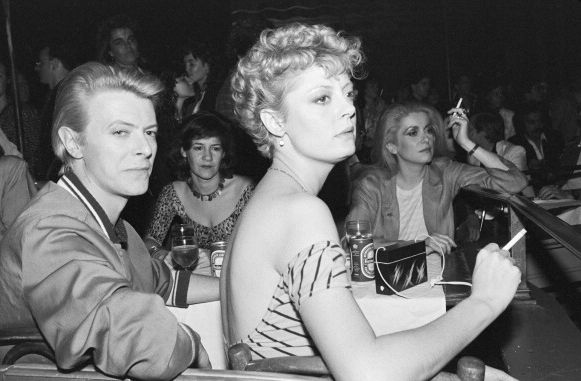













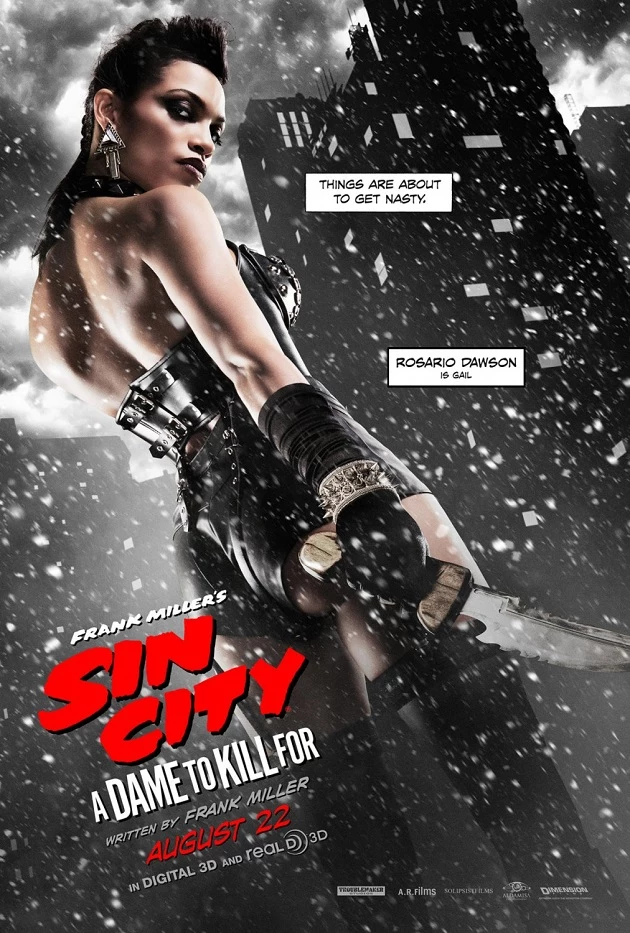


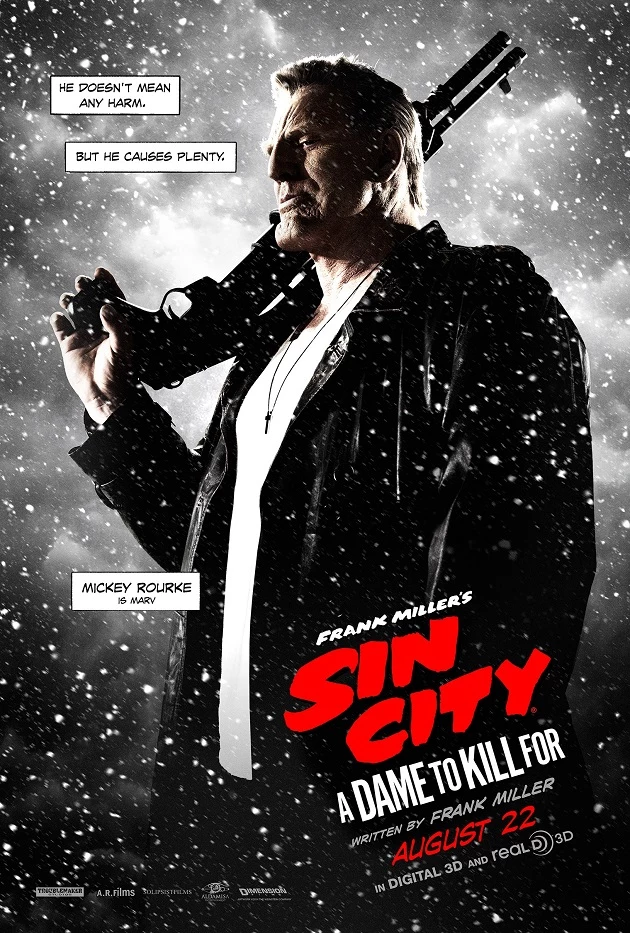
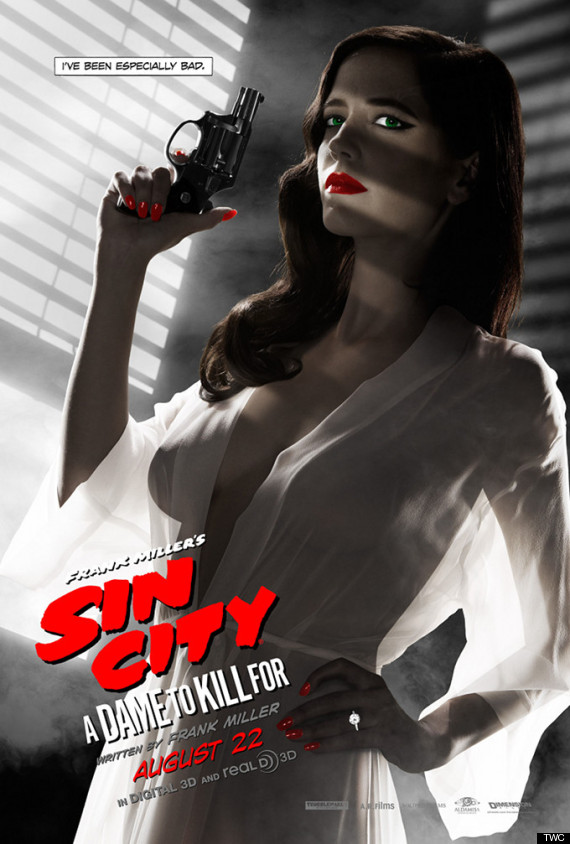


 Keyshia Cole(Photo : Getty Images)
Keyshia Cole(Photo : Getty Images) 

 The Sex Pistols last performed together in 2008 and another reunion looks unlikely after remarks by Matlock, who criticised Lydon as being "cheesy" while also calling guitarist Steve Jones "a miserable sod."
The Sex Pistols last performed together in 2008 and another reunion looks unlikely after remarks by Matlock, who criticised Lydon as being "cheesy" while also calling guitarist Steve Jones "a miserable sod."


 Jenny Lewis also releases her new album 'The Voyager' today. The former
Jenny Lewis also releases her new album 'The Voyager' today. The former 






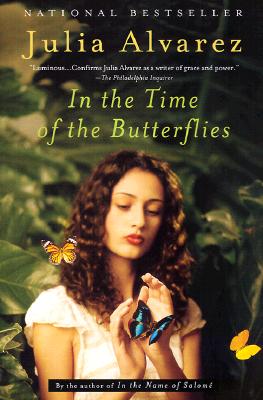
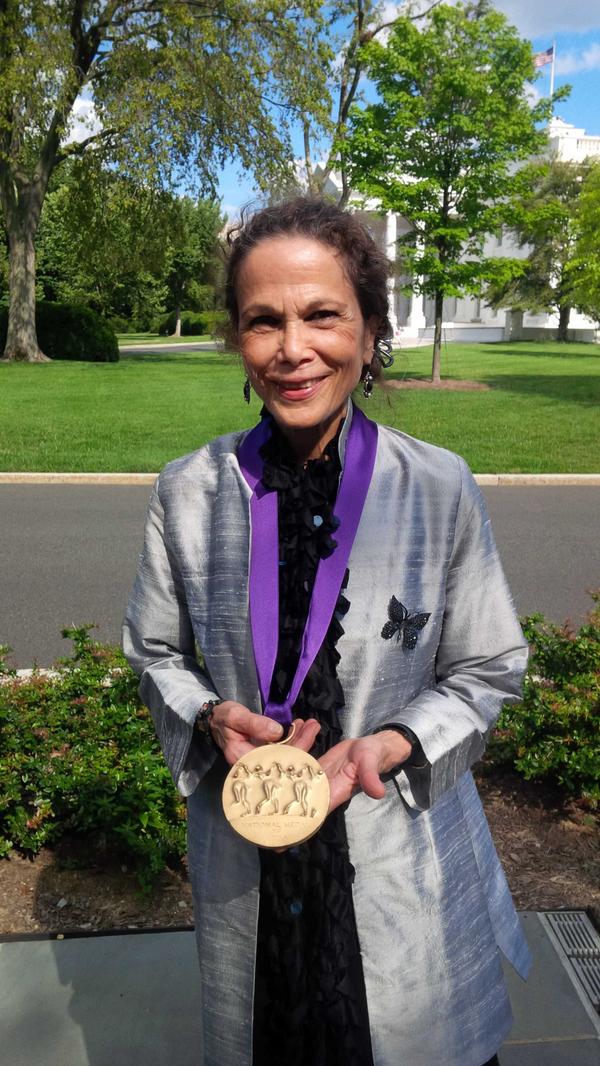 http://pic.twitter.com/YIV5vxaMN5" />
http://pic.twitter.com/YIV5vxaMN5" />




 Smokey Robinson(Photo : Courtesy of 42 West)
Smokey Robinson(Photo : Courtesy of 42 West)  Austin City Limits 2014
Austin City Limits 2014  Michelle Shocked(Photo : Mark Metcalfe/Getty Images)
Michelle Shocked(Photo : Mark Metcalfe/Getty Images) 

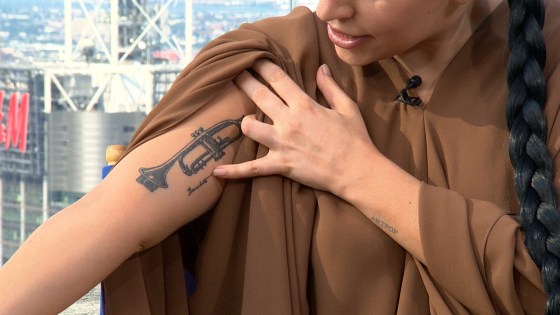


 July 28, 2014
July 28, 2014 

 Jim Gaffigan single-camera comedy pilot is getting a series order at TV Land. After lengthy negotiations, the cable network has closed a deal for a 10-episode order to project, created by Gaffigan and Peter Tolan, which is now titled The Gaffigan Show. Originally developed and produced by Sony TV and twice piloted by CBS, the comedy will stay single-camera and will remain based in New York where Gaffigan lives with his family and where the two CBS pilots were shot. It will premiere on TV Land in 2015. Sony TV will have a passive role in the series, which became possible after TV Land was able to bring the budget down. Also boarding the project is TV Land sibling Comedy Central, which will air the episodes within one week after their TV Land premiere. The synergy is natural as Gaffigan is a very well liked comedian with strong following on Comedy Central, and the airings on the comedy-themed network would expose the series to a larger audience. While sibling Viacom channels have pitched in to help each other in the past, like Logo coming on board to co-produce Comedy Central’s Sarah Silveman Program to make its renewal financially possible, in this case the shared window is described as a purely promotional move, with TV Land footing the entire bill for the series.
Jim Gaffigan single-camera comedy pilot is getting a series order at TV Land. After lengthy negotiations, the cable network has closed a deal for a 10-episode order to project, created by Gaffigan and Peter Tolan, which is now titled The Gaffigan Show. Originally developed and produced by Sony TV and twice piloted by CBS, the comedy will stay single-camera and will remain based in New York where Gaffigan lives with his family and where the two CBS pilots were shot. It will premiere on TV Land in 2015. Sony TV will have a passive role in the series, which became possible after TV Land was able to bring the budget down. Also boarding the project is TV Land sibling Comedy Central, which will air the episodes within one week after their TV Land premiere. The synergy is natural as Gaffigan is a very well liked comedian with strong following on Comedy Central, and the airings on the comedy-themed network would expose the series to a larger audience. While sibling Viacom channels have pitched in to help each other in the past, like Logo coming on board to co-produce Comedy Central’s Sarah Silveman Program to make its renewal financially possible, in this case the shared window is described as a purely promotional move, with TV Land footing the entire bill for the series.





 The producer, who worked with Dave Grohl on Nirvana's 'Nevermind' and is also a member of Garbage, tweeted earlier today (July 30) to reveal the news. "We are officially done with the new Foo Fighters album. 23 straight days mixing! IT'S EPIC!!!" Vig tweeted.
The producer, who worked with Dave Grohl on Nirvana's 'Nevermind' and is also a member of Garbage, tweeted earlier today (July 30) to reveal the news. "We are officially done with the new Foo Fighters album. 23 straight days mixing! IT'S EPIC!!!" Vig tweeted. Allison Williams(Photo : Jemal Countess/Getty Images)
Allison Williams(Photo : Jemal Countess/Getty Images)












 Mark Von Holden/Getty
Mark Von Holden/Getty





